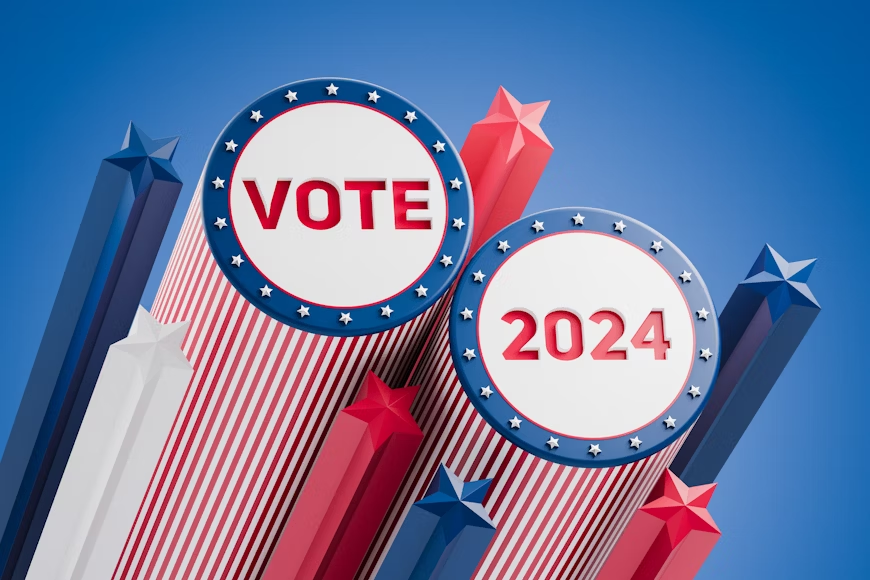June 3, 2024
As the 2024 U.S. presidential election nears, experts are raising alarm over the increasing use of artificial intelligence (AI) to spread disinformation, jeopardizing the integrity of the democratic process. Researchers have uncovered a troubling surge in AI-generated content, including deepfake videos, automated social media bots, and AI-written propaganda, all aimed at swaying public opinion and influencing voter behavior.
AI Deepfakes: A New Form of Election Manipulation
One of the most concerning trends identified by security researchers is the rise of deepfake videos. These AI-generated videos can create incredibly realistic yet entirely fake footage of political figures, leading to the widespread distribution of misleading content. Deepfake videos have been used to show candidates in false and damaging scenarios, sometimes making inflammatory or scandalous remarks that they never actually made. Such videos have the potential to confuse voters and drastically alter public perception.
Automated Bots Amplify Disinformation
In addition to deepfakes, AI-powered bots are rapidly flooding social media platforms with misleading and often polarizing information. These bots are designed to mimic human writing styles and can disseminate vast amounts of politically charged content in a matter of minutes. This automated content creation not only increases the spread of false narratives but also creates the illusion of grassroots support for certain viewpoints, skewing political discourse and inflaming divisions among the electorate.
The Response: Government and Tech Companies Step In
As disinformation campaigns continue to evolve, government agencies and social media giants are stepping up their efforts to combat the growing threat. Major platforms, including Facebook and Twitter, have rolled out advanced AI detection tools aimed at identifying and flagging manipulated content. Meanwhile, the Federal Election Commission (FEC) is exploring new rules to require political advertisements to disclose whether they feature AI-generated material. However, experts warn that these measures may be insufficient in keeping up with the rapid advancement of AI technology.
Challenges in Regulating AI Disinformation
Enforcing rules around AI-generated disinformation presents a unique challenge. Many disinformation campaigns are launched by foreign actors, making it difficult for U.S. authorities to take direct action. Furthermore, AI’s fast-evolving capabilities mean that detection tools struggle to keep pace with the latest techniques used to generate deceptive content. While some progress is being made, the gap between technological advances and regulatory action remains a significant hurdle.
The Need for Public Awareness and Media Literacy
With the election just months away, the threat of AI-driven disinformation underscores the critical need for public awareness. Experts argue that media literacy campaigns are vital in helping voters recognize and critically assess AI-generated content. As deepfakes and automated bots become more sophisticated, voters will need to be equipped with the tools to discern fact from fiction.
The combination of AI advancements, foreign interference, and the spread of disinformation threatens the very foundation of U.S. democracy. In the face of these challenges, it is clear that a coordinated effort between tech companies, policymakers, and the public will be essential to safeguarding election integrity and ensuring that voters can make informed decisions come November.


